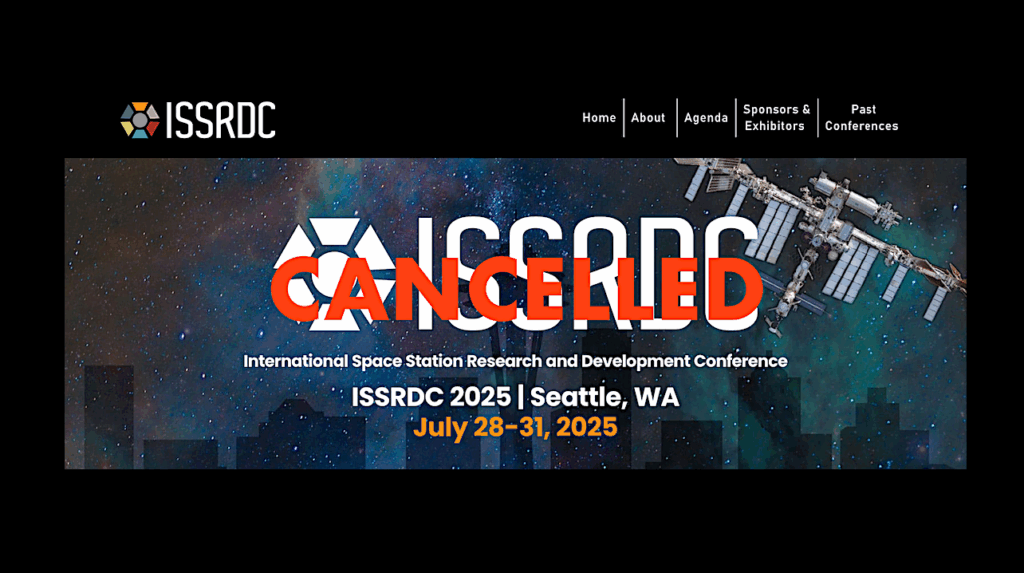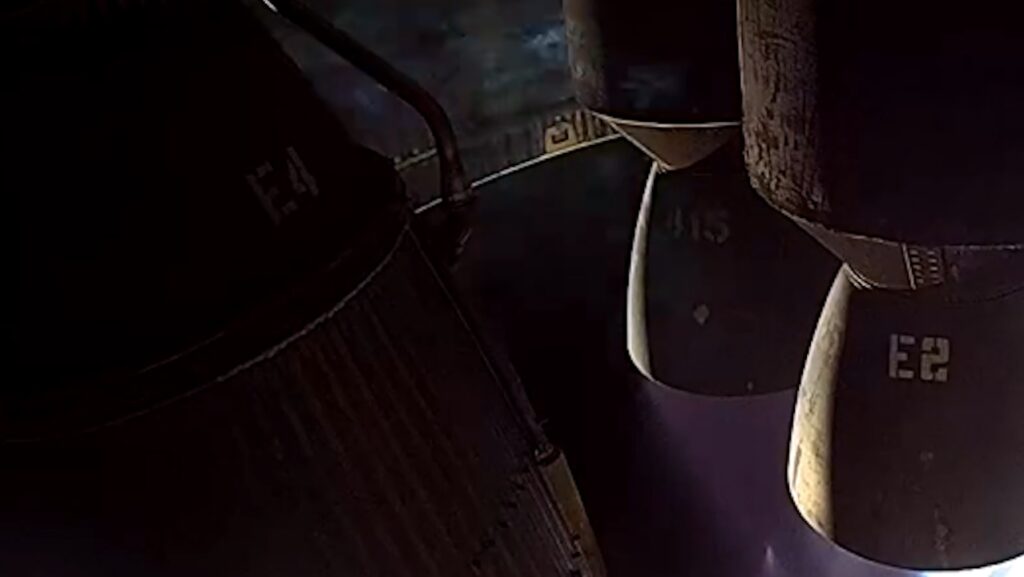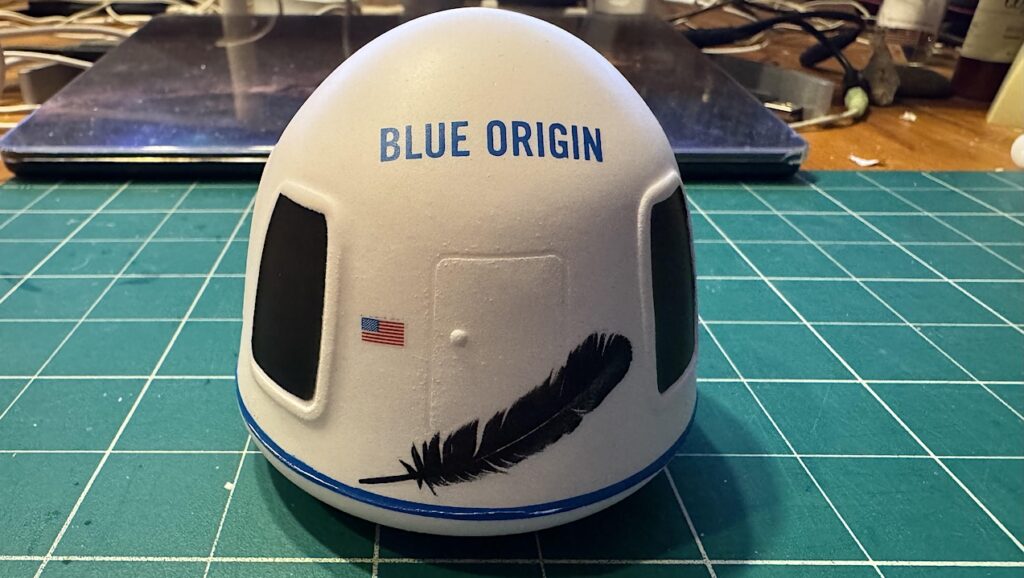Google Lunar X Prize: Changing Rules – and Fewer Entrants?
 $10 million Genomics X Prize canceled: ‘Outpaced by innovation’, NBC
$10 million Genomics X Prize canceled: ‘Outpaced by innovation’, NBC
“For the first time in its 18-year history, the X Prize Foundation is canceling one of its $10 million competitions for technological innovation: the Archon Genomics X Prize, which was designed to reward quick and accurate whole-genome sequencing. … In her report on the prize program’s cancellation, PHG Foundation’s Phillippa Brice said the decision was bad news for the entrants, “who apparently come away with thanks and good wishes and (presumably) a refund of their $25,000 entrance fee, but without so much as a memory stick to help further their research.”
Master Team Agreement 4.1 out for Team signature, EuroLuna Blog, Google Lunar X Prize
(typos corrected) “The Master Team Agreement version 4.1 is now out for signature. Given the importance of this document, and the time it has taken to reach this point, a signature timing of 10 days in the middle of August seems a bit too short… The Euroluna Team has therefore asked for an extension until the 7th of September 2013.”
 Keith’s note: The deadline for all Google Lunar X Prize entrants to sign the mandatory (revised) Teaming Agreement was Friday 23 August. This teaming agreement contained a major revision to the rather strict set of rules levied upon all entrants as to what they can and cannot do. Sources report that a number of existing entrants did not sign the agreement by the deadline.
Keith’s note: The deadline for all Google Lunar X Prize entrants to sign the mandatory (revised) Teaming Agreement was Friday 23 August. This teaming agreement contained a major revision to the rather strict set of rules levied upon all entrants as to what they can and cannot do. Sources report that a number of existing entrants did not sign the agreement by the deadline.
Note that the EuroLuna team originally posted (and tweeted) a video to go with this but that this video has since been removed. Unless the deadline has been extended, it would seem that the number of entrants for the Google Lunar X Prize is about to decrease.
With the advent of new prizes that can be offered to entrants for reaching goals far short of actually going to the Moon – and a lack of signed launch contracts among the entrants – the Google Lunar X Prize may be looking to follow a path similar to the Archon Genomics X Prize. Stay tuned.
– Dramatic Changes to Google Lunar X Prize Cash Prizes Under Consideration, earlier post









The Genomics X Prize cancelation explanation seems lame, but the changes to Lunar X Prize seem like a good idea to me. Soft landing a 10-25 Kg payload on the Moon is a gargantuan (and expensive) problem all by itself. When was the last time this was done on the Moon (or any airless body)?
IMHO, there should have been some/better coordination between the Google Lunar X Prize and the Northrop Grumman Lunar Lander X Prize. For example, subsequent prize money should be given to a VTVL vehicle that can deliver a rover that moves off the landing pad. Also some prize money should be be awarded to those with a plan/analysis providing evidence that the solution could be adapted for actually landing on the Moon.
You know, I always liked the Google Lunar X Prize idea – except I feel that their prize was simply too small to really allow competitors to truly attract the investments commensurate with doing the task.
Agreed, but it is/was at least something, and more incentive than industry and most governments have put forth.
As much as it’s a bummer for the particular people who are now cut off from their potential prize money, I’m glad to see that the folks who are administering these prizes are apparently paying attention to what is going on in the world that affects their programs. Given recent events, I don’t think that, short of war or complete economic collapse, we’re going to have to wait much longer for both governments and private companies (plural in both cases) to soft land hardware on the lunar surface, collect samples, and bring those samples intact back to Earth’s surface.
It’s even looking reasonably affordable now, relative to the past. I’d say that the regulatory (contamination) people are the only remaining hurdle, not technology.